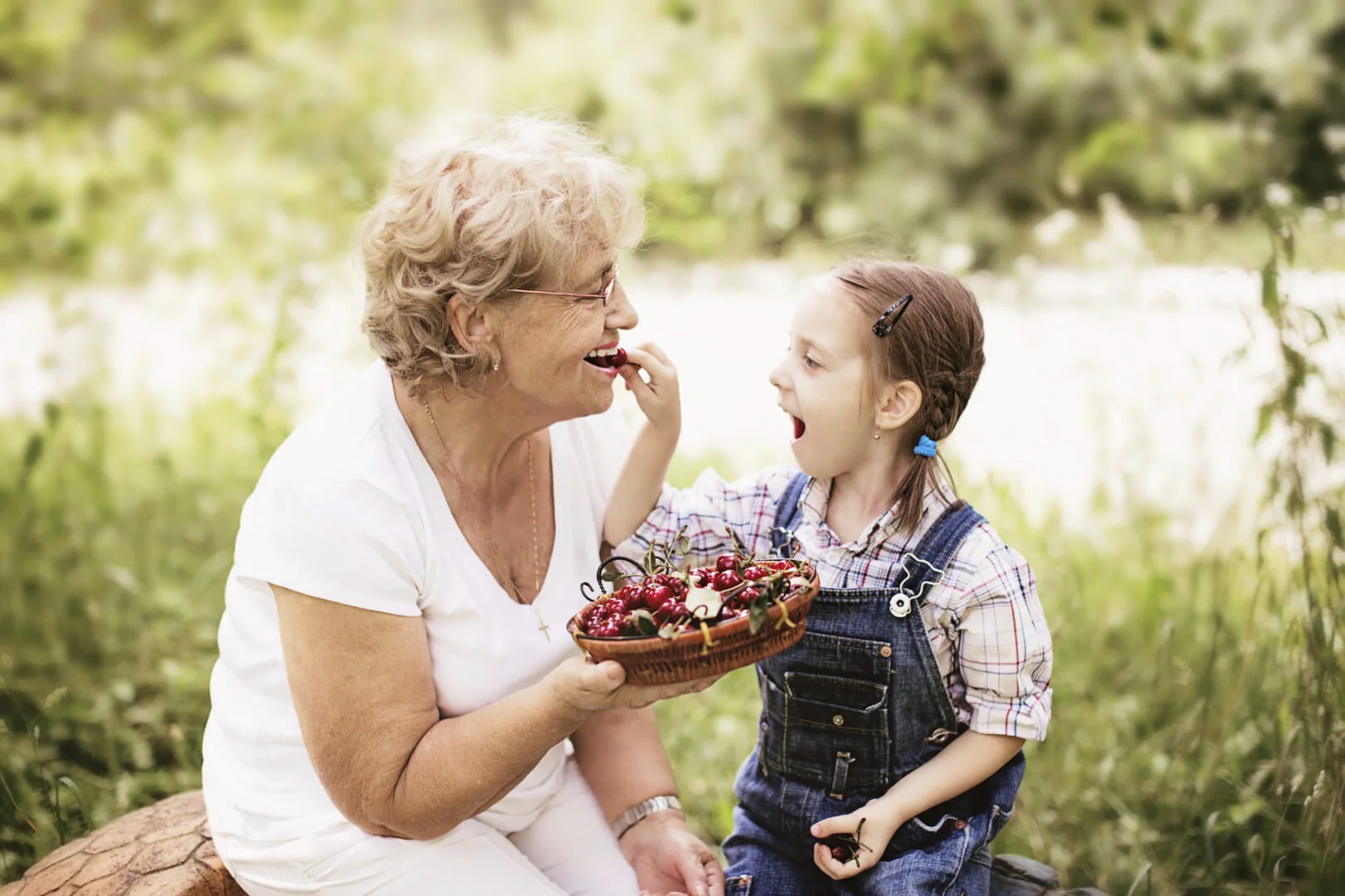Grandma...Do You Know Who I am?
by Women's Brain Health Initiative:
Discussing Dementia With Children
Almost 36 million people in the world have Alzheimer’s disease or a related dementia and most of those individuals have young people in their lives that will be impacted as the disease runs its course. Although it may be tempting to try to shield young ones from difficult news, experts agree it’s best to be direct and honest with children about dementia so they can understand what is happening and why.It can be difficult for children to understand that someone has an illness when that person still looks the same. But children are often quick to notice changes in behavior, such as Grandma not recognizing family members anymore, Grandpa being irritable or even rude, or a Great Aunt repeating the same things over and over again. Sometimes the loved one with dementia may behave just as he or she always used to, and then suddenly change. This unpredictability can be very upsetting to children. That’s why it’s important to talk to children openly about what is going on and not try to hide anything.Candid ConversationsWhen discussing dementia with children, provide an explanation of the disease and disclose what might be expected as it progresses. Explain the situation calmly and clearly, using age-appropriate terms. Some of the key points to address in your conversation include:“Dementia is an illness that affects the brain, destroying the parts that control memory, thinking and feeling. It causes people to become more forgetful and at this time, it has no cure.”“Lots of older people suffer from dementia, but its not contagious and not all older people have it.”“You might have noticed that Grandma (for example) has been behaving differently. It is the illness causing those changes and examples of the types of behavior changes that have occurred or might be coming can help illustrate specifically what you mean, e.g. she forgets your name, she doesn’t know where she is, she cries a lot, she becomes angry easily.)”“Grandma’s behavior will change from day to day and more changes are likely to happen. Some days will be easier than others.”“Grandma still loves you a lot and always will.”Ask if the child has any questions and be prepared to answer openly and honestly.Encourage and embrace any feelings he or she expresses related to the situation.Children react differently to this type of news, ranging from anger, to tears, to apparent indifference.Their immediate reaction and feelings may shift over time as the information has time to sink in. Children who have a loved one with dementia often experience a wide range of emotions that might include grief, sadness, anxiety, fear, irritation, embarrassment, boredom, guilt, confusion and anger.Be open to discussing the situation more than once. Depending on the age of your child and their personality, you may need to repeat your explanations, and address new questions as they arise over time. As difficult as these conversations might be, remember that it is immensely helpful for children to know what to expect so that they are better prepared to respond positively to any new behaviors that their loved one may exhibit.Valuable VisitsIf your child is close to an individual with dementia, it is helpful to nurture that relationship. Seeing that their loved one is well taken care of and comfortable will reassure your child, and it can be a source of deep satisfaction for your child to play a role in that. It can also benefit the dementia patient to have enriching interactions with children. Look for simple, pleasurable activities the child and dementia patient can do together to stay connected and keep their bond strong. Some examples to consider are going for a walk, playing games, listening to music or making a scrapbook together. Of course, these activities will need to change as the dementia progresses.Understanding dementia can be very empowering for children, helping to minimize their fears. Once your child understands what is going on, he or she can be prepared about what to expect during visits with their loved one, and enjoy their special time together. Even if the visit is soon forgotten, the joy experienced in the moment makes the time spent together meaningful and beneficial.Relevant ResourcesThere are numerous resources available to help children learn about dementia. Some can be found for free online such as the Kids & Teens section on the Alzheimer’s Association website, which includes a helpful introduction as well as links to videos, fact sheets and other websites. There are also many fiction and non-fiction books for different ages that may help children and teens cope when a loved one has dementia; a list of books can be found here.A great resource for the whole family is a 30-minute HBO documentary called ‘Grandpa, Do You Know Who I Am?’, which Maria Shriver helped create. It can be viewed online for free..

